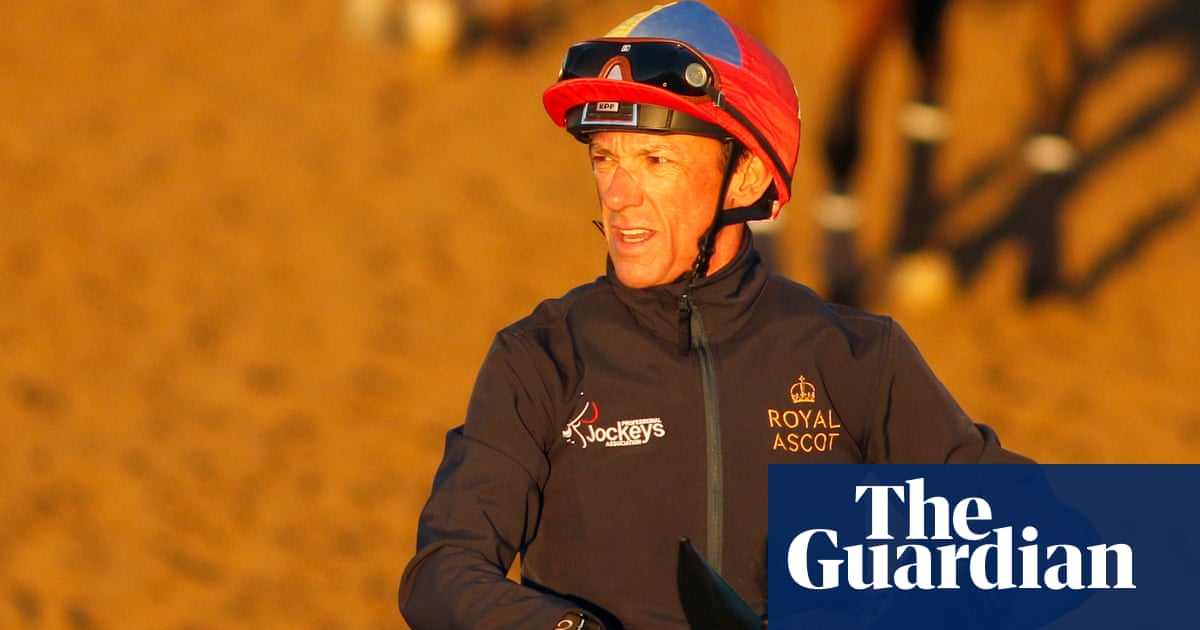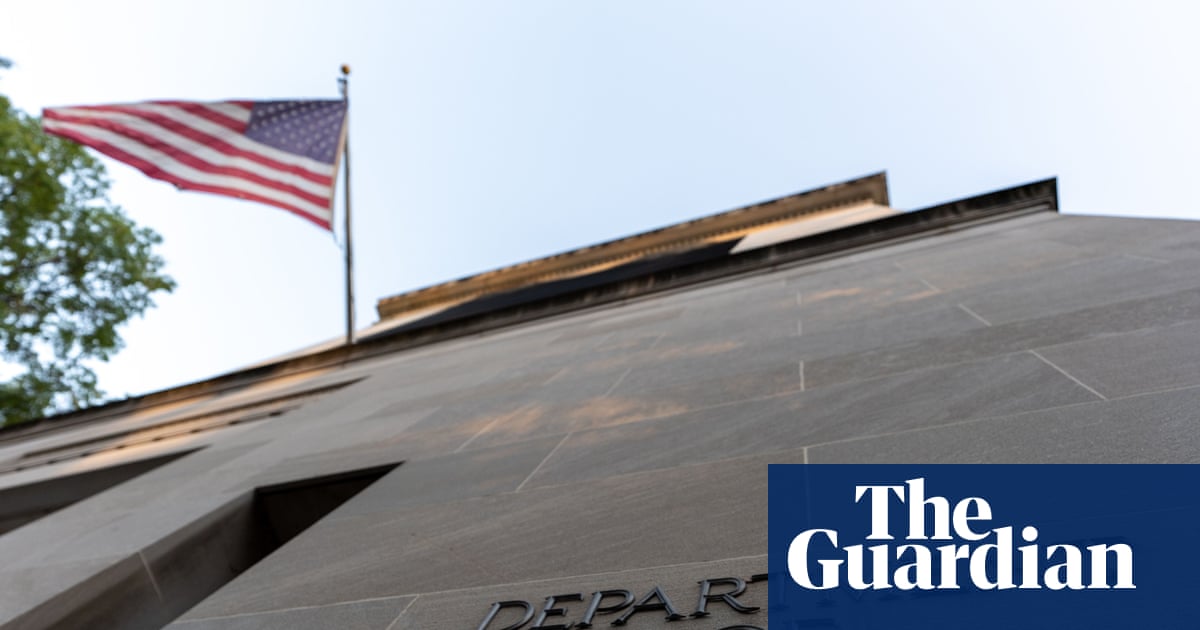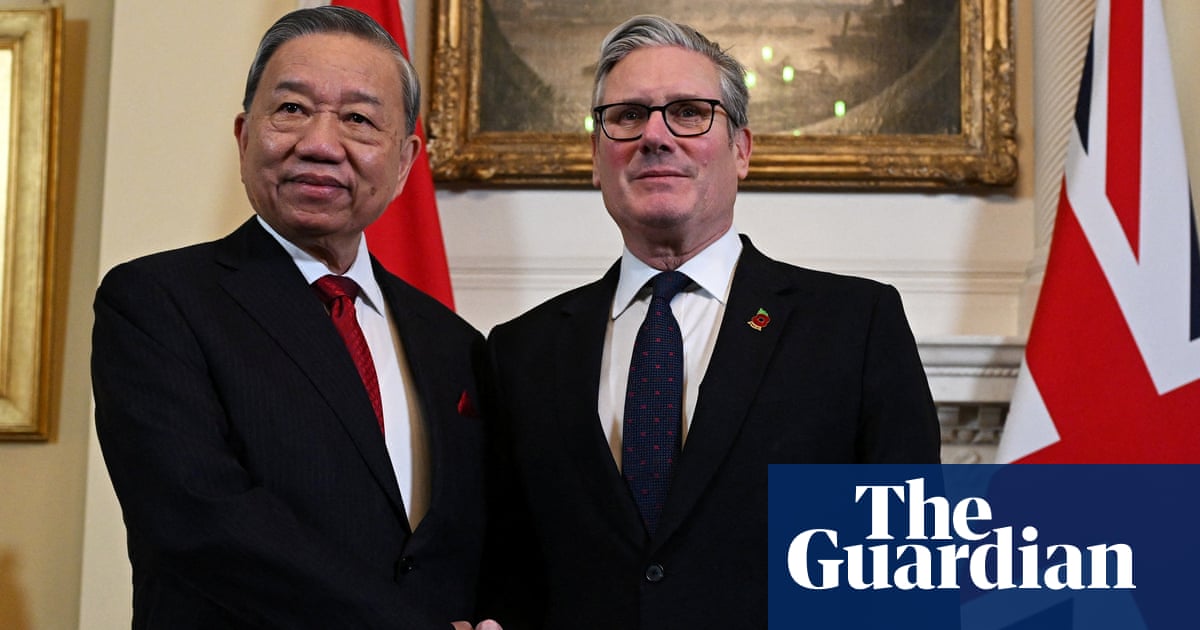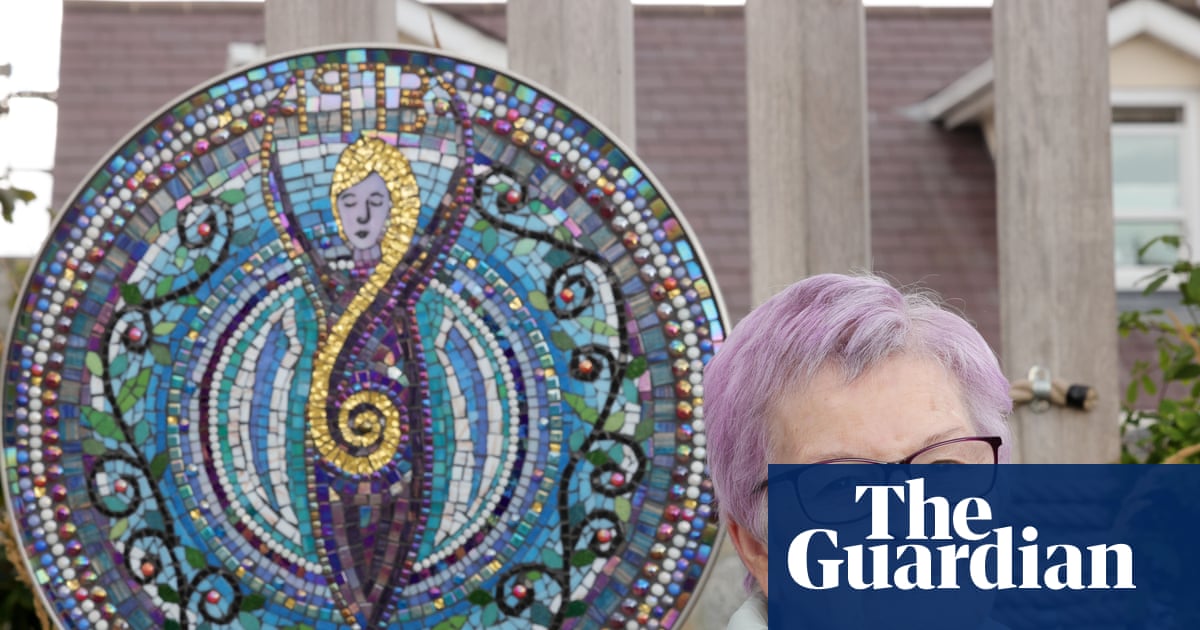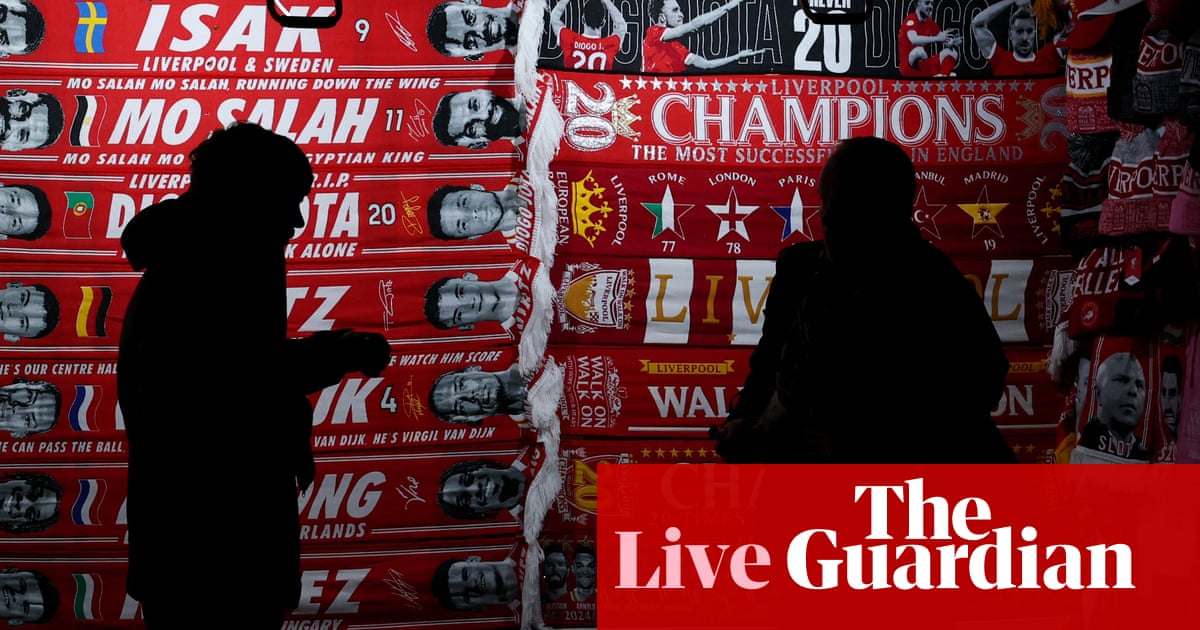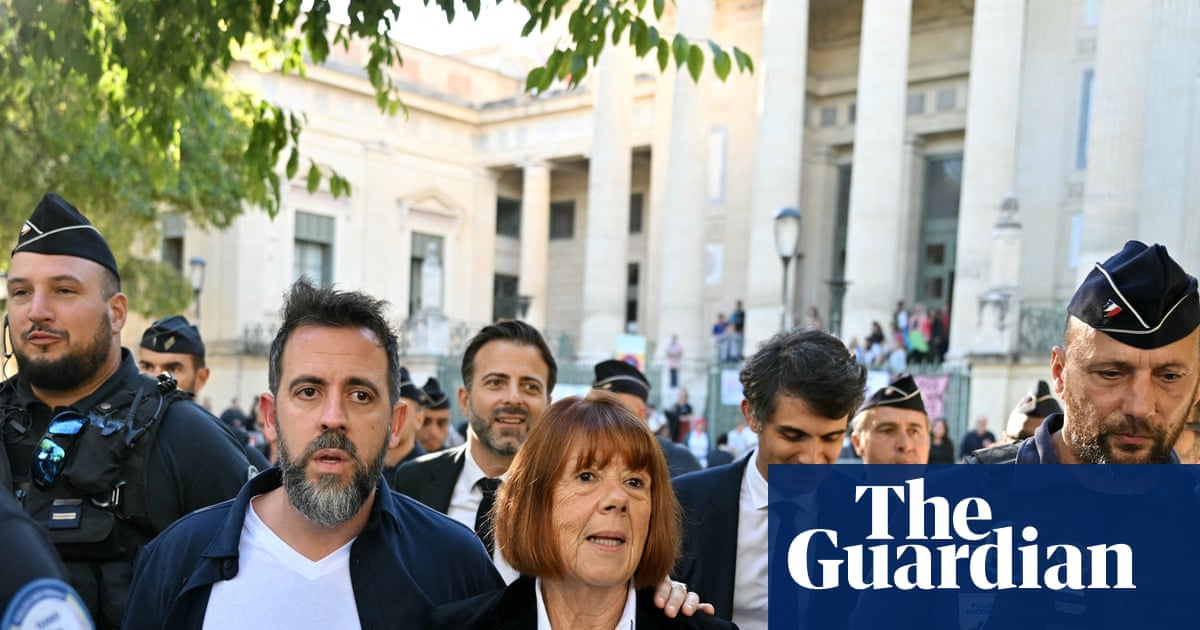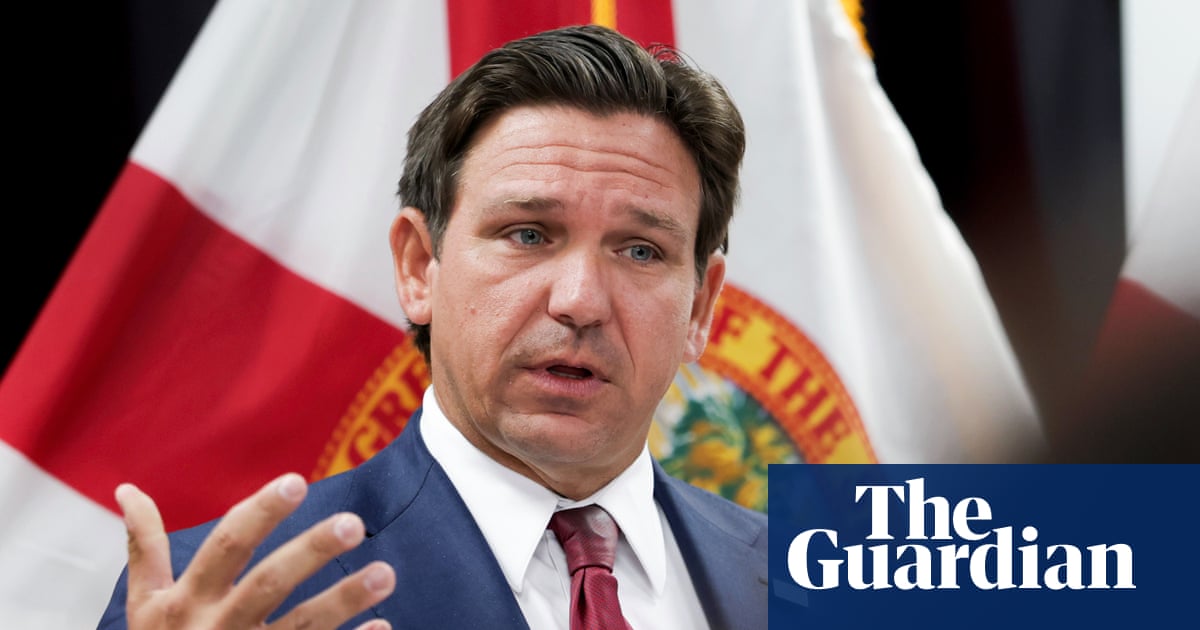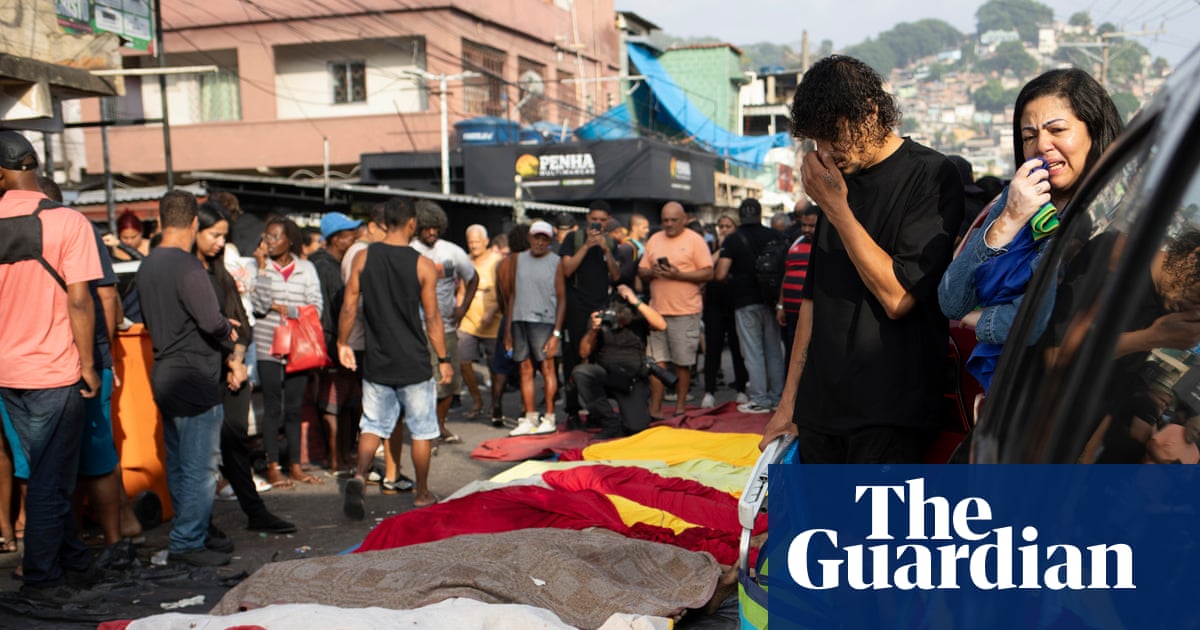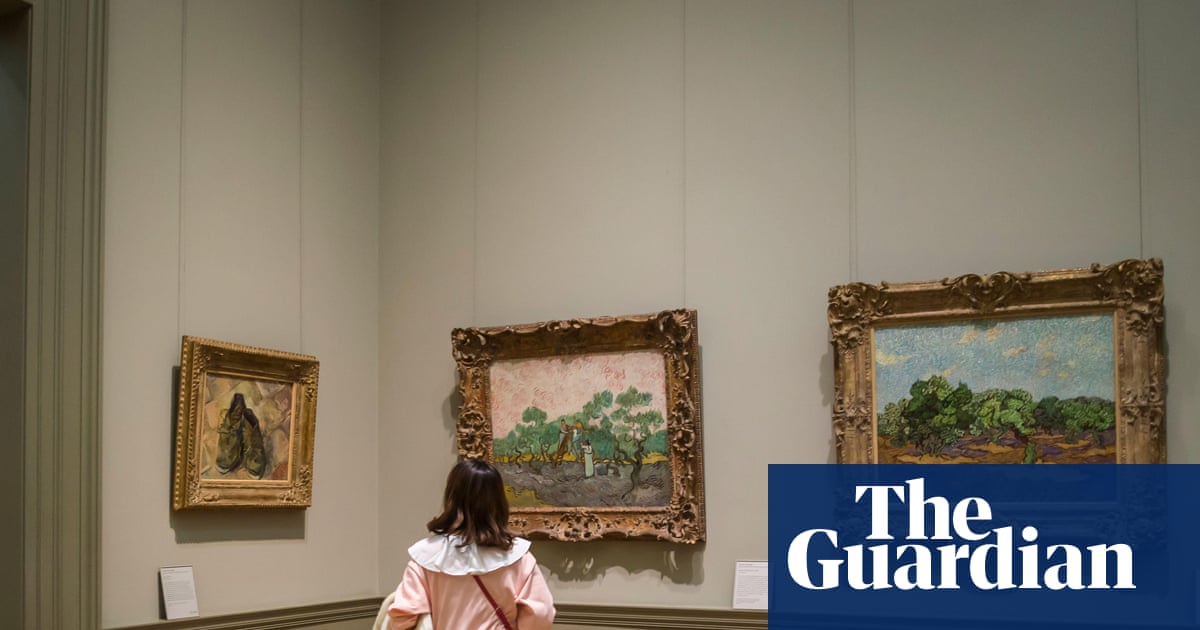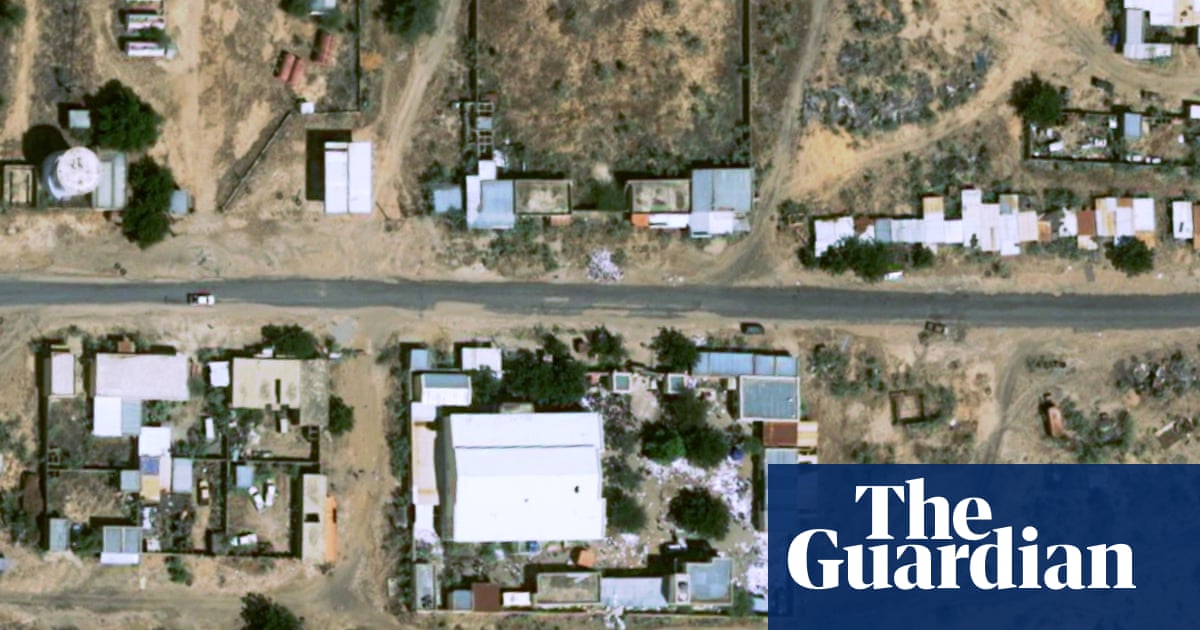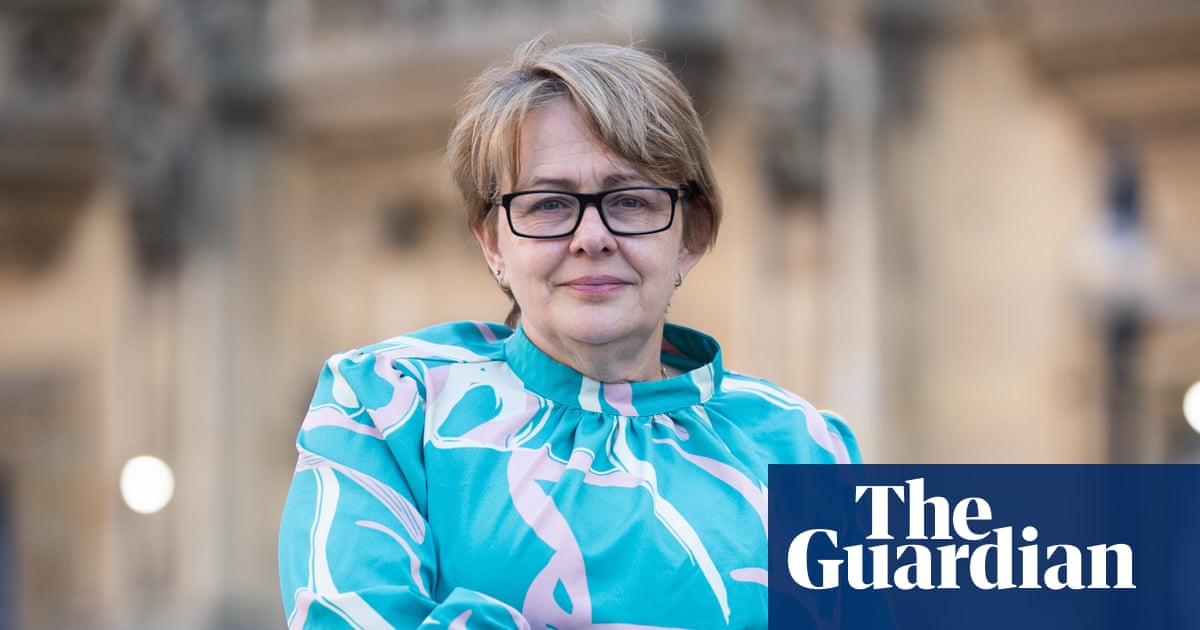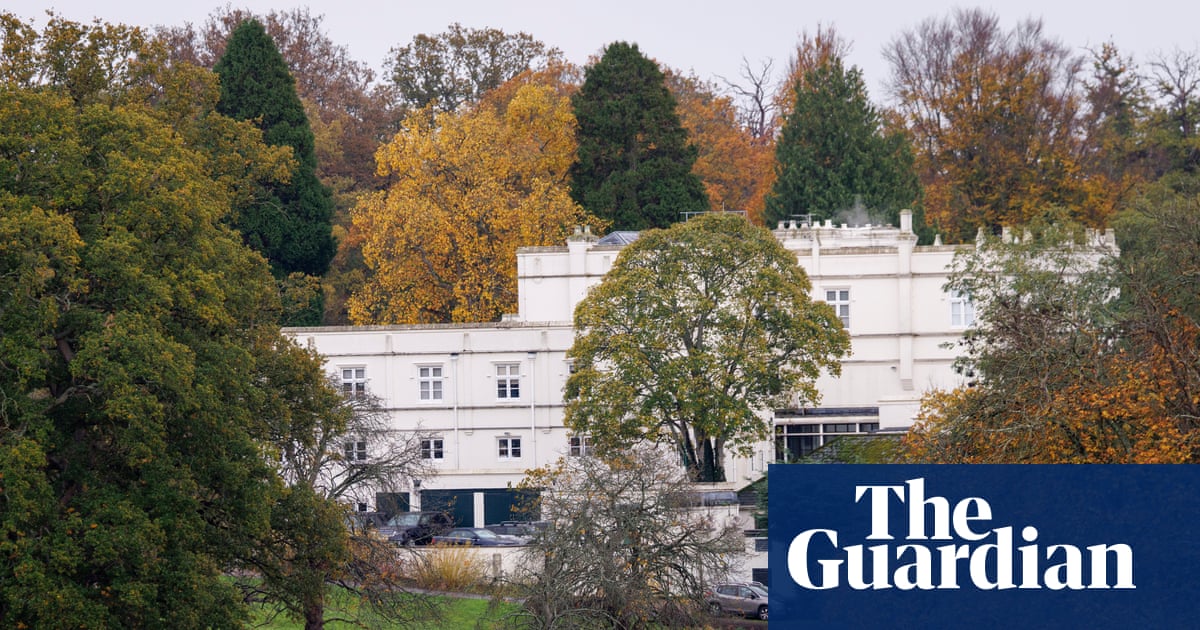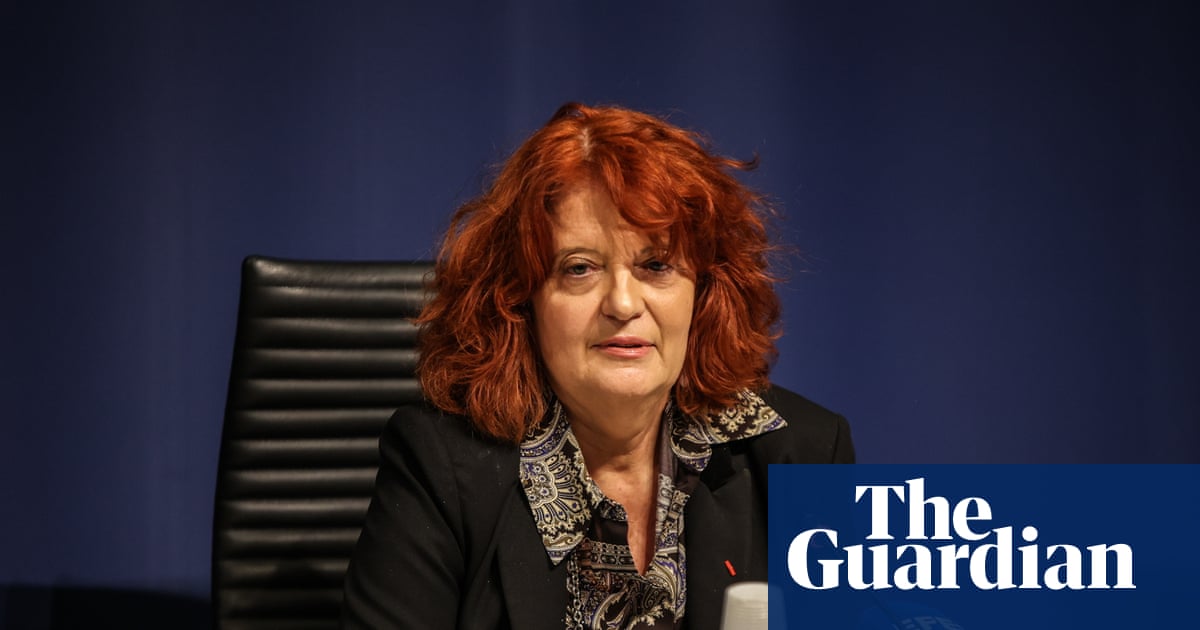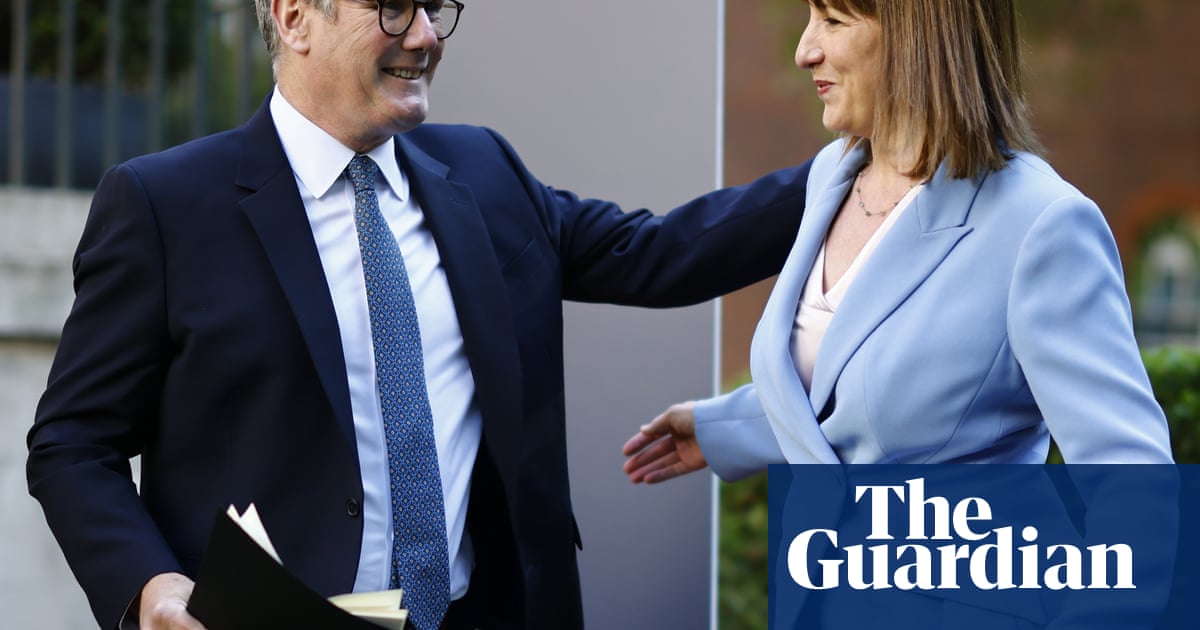Venezuelan men who were deported by the US to a notorious prison in El Salvador without due process are speaking out about treatment they described as “hell” and like a “horror movie”, after arriving back home. A total of 252 Venezuelan nationals were repatriated in the last week in a deal between the US and Venezuelan governments, with many able to reunite with family after their ordeal in El Salvador.
Carlos Uzcátegui tightly hugged his sobbing wife and stepdaughter on Wednesday morning in western Venezuela after he had been away for a year.
Uzcátegui was among the migrants being reunited with loved ones after four months in prison in El Salvador, where the US government had transferred them without due process, sparking uproar among critics of Donald Trump’s harsh anti-immigration agenda. The US had accused all the men, on sometimes apparently flimsy evidence, of being members of a foreign gang living in the US illegally.
“Every day, we asked God for the blessing of freeing us from there so that we could be here with family, with my loved ones,” Uzcátegui, 33, said. “Every day, I woke up looking at the bars, wishing I wasn’t there.
“They beat us, they kicked us. I even have quite a few bruises on my stomach,” he added before later showing a bruised left abdomen.
The migrants were freed last Friday in a prisoner swap between the US and Venezuela.
Arturo Suárez, whose reggaeton songs surfaced on social media after he was sent to El Salvador, arrived at his family’s home in the Venezuelan capital, Caracas, on Tuesday. His sister hugged him after he emerged from a vehicle belonging to the country’s intelligence service.
“It is hell. We met a lot of innocent people,” Suárez told reporters, referring to the prison he was held in. “To all those who mistreated us, to all those who negotiated with our lives and our freedom, I have one thing to say, and scripture says it well: vengeance and justice is mine, and you are going to give an account to God [the] Father.”
Venezuela’s president, Nicolás Maduro, and other officials have said many of the immigrants were physically and psychologically tortured during their detention in El Salvador, airing on state television videos of some of the men describing the alleged abuse, including rape, severe beatings and pellet-gun wounds. The narratives are reminiscent of the abuses that Maduro’s government has long been accused of committing against its real or perceived, jailed opponents.
As the men reached their homes, they and their relatives shared deeply emotional moments.
Uzcátegui’s wife, Gabriela Mora, 30, held on to their home’s fence and sobbed as she saw the military vehicle carrying him approach after a 30-plus-hour bus ride to their mining community nestled in Venezuela’s Andean mountains.
The 252 men ended up in El Salvador on 16 March after the Trump administration agreed to pay $6m to the Central American country to house them in a mega-prison, where human rights groups have documented hundreds of deaths and cases of torture. Trump accused the men of belonging to the violent Tren de Aragua street gang, which originated in Venezuela.
The interior minister, Diosdado Cabello, last Friday said only seven of the men had pending cases in Venezuela, adding that all the deportees would undergo medical tests and background checks before they could go home.
The Associated Press could not verify the abuse allegations that Suárez and other migrants narrated in video interviews aired by state media.
Venezuela’s attorney general, Tarek William Saab, on Monday said he had opened an investigation against El Salvador’s President Nayib Bukele based on the deportees’ allegations. Bukele’s office did not respond to requests for comment.
Mora said her husband migrated after the coalmine where he had long worked halved his pay and their street food shop went out of business in 2023. Uzcátegui left Lobatera in March 2024 with an acquaintance’s promise to help him find a construction job in Orlando.
On his way north, Uzcátegui crossed the punishing Darién Gap that separates Colombia and Panama, and by mid-April he had reached Mexico City. There, he worked at a public market’s seafood stall until early December, when he was finally granted an appointment through a US government smartphone app to seek asylum at a border crossing.
Upon beginning his second term in the White House, in January, Trump cancelled the app system brought in under his predecessor, Joe Biden. Regardless, Uzcátegui never walked free in the US, where authorities regarded his tattoos with suspicion, Mora said. He was sent to a detention center in Texas until he and other Venezuelans were put on the planes that landed in El Salvador. Still, she said she did not regret supporting her husband’s decision to migrate.
“It’s the country’s situation that forces one to make these decisions,” she said. “If [economic] conditions here were favorable … it wouldn’t have been necessary for him to leave to be able to fix the house or to provide my daughter with a better education.”
For another man, Julio González Jr, he had believed he was being deported back to his native Venezuela when he was put on a flight in Texas in March. The 36-year-old, who worked cleaning offices and painting houses, had consented to his removal. But when the plane touched down, he realized he was in El Salvador.
González and two other detainees told the Washington Post that when shackled passengers resisted disembarking, chaos erupted. “We were yanked by our feet, beaten and shoved off board,” González said, recalling how the crew on the plane began to weep during the ordeal.
The group was herded on to a bus and taken to a concrete compound, where they were forced to kneel with their heads pressed to the floor.
“Welcome to El Salvador, you sons of bitches,” a masked guard reportedly said to them, the Post reported. They had arrived at the infamous Terrorism Confinement Center (Cecot).
While held at Cecot for four months, González and others described being assaulted regularly with wooden bats. He said he was stripped of thousands of dollars, barred from calling family, and denied legal representation. This week, he was able to reunite with his family.
Meanwhile, Andry José Hernández Romero, a gay makeup artist who had been deported to Cecot under an obscure wartime law invoked by the Trump administration, was among those released.
Romero had entered the US legally through the CBP One app last summer, seeking asylum, but eventually was detained and removed to El Salvador with the others.
The Immigrant Defenders Law Center, based in Los Angeles, is now appealing Romero’s case, according to ABC, asserting that he was denied his legal right to seek asylum.
Romero broke down in tears when he was finally reunited with his parents in Venezuela on Wednesday, reported ABC News 10.
“His entire town was waiting for him, preparing a meal,” said Melissa Shepard, legal services director at the California non-profit.

 3 months ago
39
3 months ago
39



